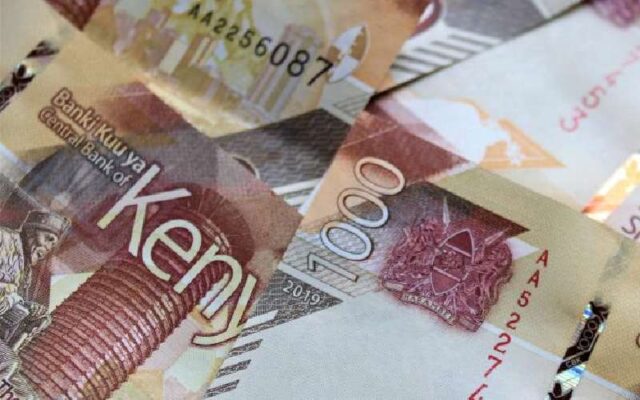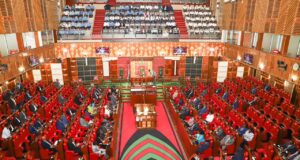Kenya’s debt story is one of the greatest lessons of our time. It has been painful, heavy, and at times humiliating, but out of it comes wisdom that can shape our future for generations. For years we have tied ourselves to borrowing practices that left us vulnerable, servicing loans in currencies we do not produce, especially the dollar.
This has drained our reserves and put constant pressure on our economy. The time has come to change course and redefine how we approach both debt and trade.
The first lesson is that Parliament must never take a back seat in debt management. It is not enough to leave decisions in the hands of the President and the Treasury. We have seen what happens when a head of state mortgages the country in pursuit of personal projects.
Uhuru Kenyatta’s era is a reminder that initiatives tied to heavy borrowing can haunt citizens for decades. Kenyans may still be repaying some of these loans long after his presidency. Oversight must be firm and deliberate to avoid a repeat of this mistake.
Encouragingly, the Treasury has started to change strategy by denominating some loans in the local currencies of our lenders. This simple but powerful step relieves us from the endless chase for dollars to settle debts.
We have already seen the Samurai loan issued in Japanese Yen and discussions to repay Chinese debt in Yuan. These are not just symbolic moves, they are practical steps to spread risks away from the dollar and stabilize our economy.
Currency swaps and local currency arrangements present clear benefits. They shield us from sharp fluctuations in the dollar exchange rate which often push repayment costs higher than the original loans. They also strengthen bilateral trade since countries are more willing to trade when payments can be made in their own currency.
Imagine buying medicine from India directly in Rupees instead of scrambling for dollars. The cost of imports would fall, shortages would reduce, and the savings could be invested back into our economy. The same logic applies to imports from Japan, China, and other major partners. Paying in their currencies builds trust, secures supply, and encourages them to invest more in our markets.
Diversifying currencies also spreads risk. Relying too heavily on the dollar is like putting all your eggs in one basket. Whenever the dollar strengthens globally, our debt burden swells, food prices climb, and businesses struggle. By transacting in a basket of currencies, Kenya can balance shocks and ensure smoother economic performance. This is the pathway that countries like China, India, and even Russia have pursued with success, and it is time we fully embrace it.
All in all, Kenya must redefine its economic future by aligning debt and trade with currency realities. We cannot continue living at the mercy of the dollar. A well negotiated system of currency swaps and diversified borrowing will not only reduce pressure on our economy but also give us back control over our destiny. In this new pathway, survival means spreading risk, protecting our people, and ensuring that future generations inherit a stronger, more resilient nation.















